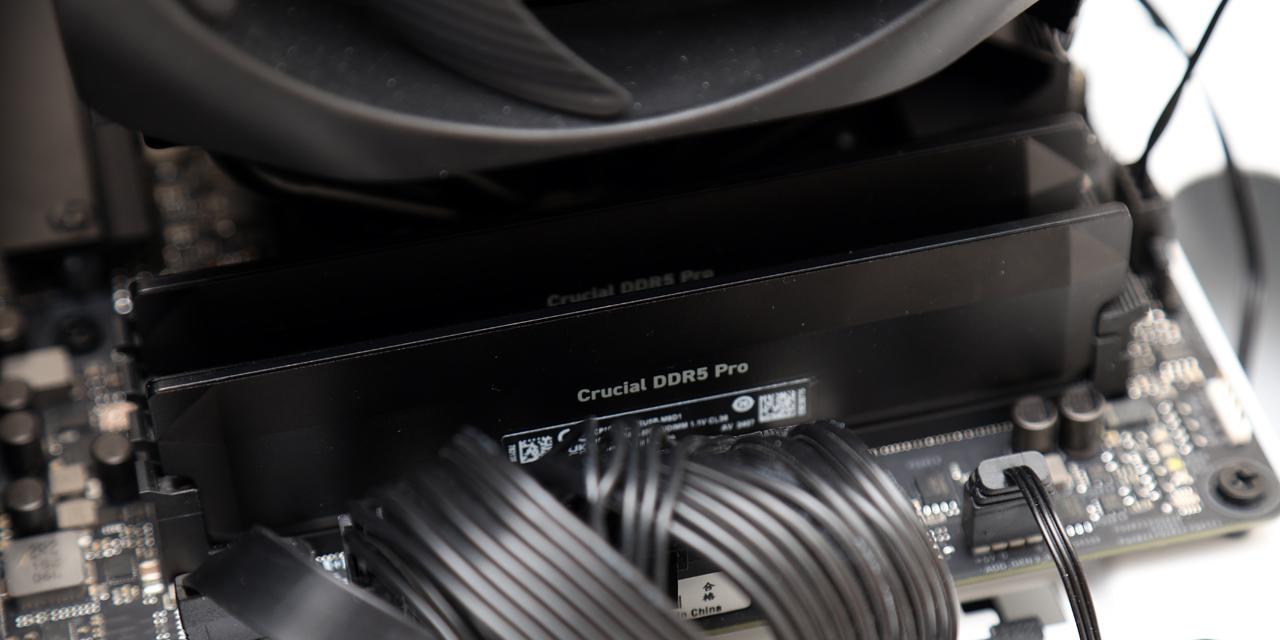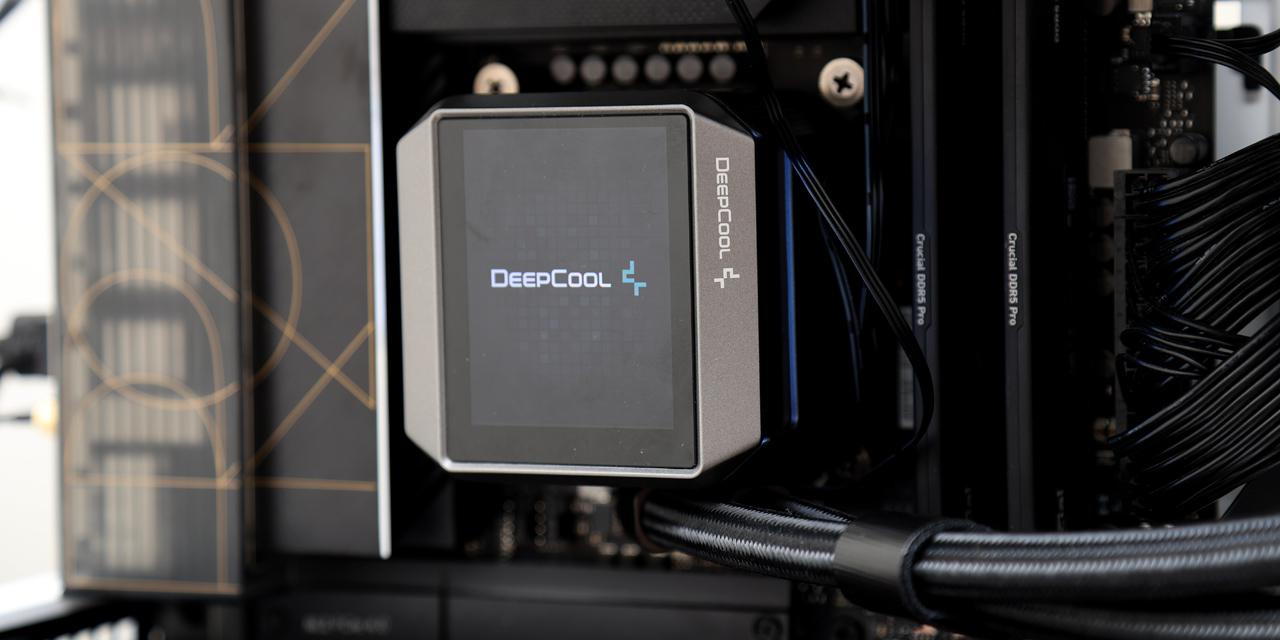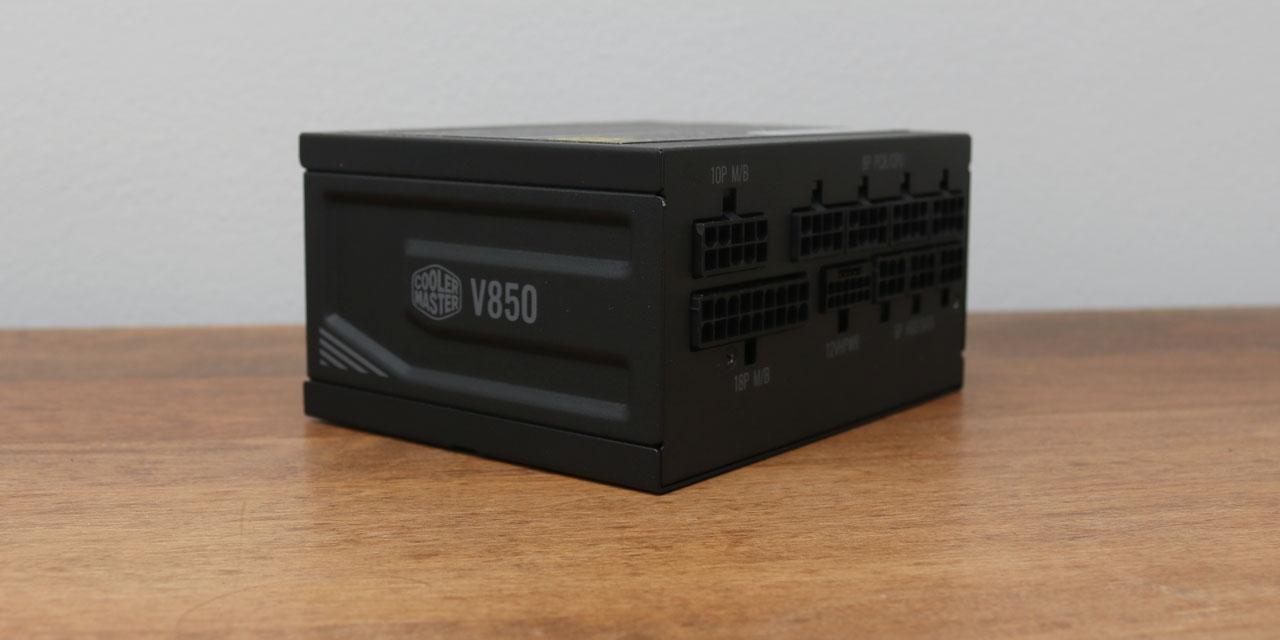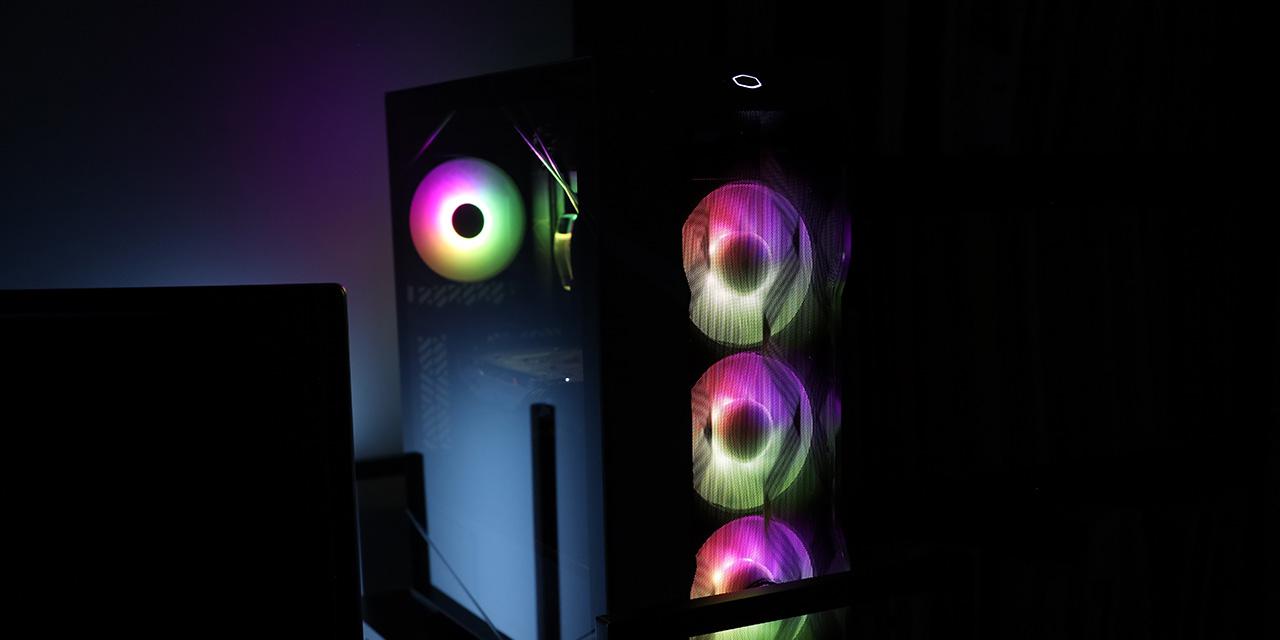|
From X-bit Labs: The demand for Kepler-family of graphics processing units has been growing in the recent months thanks to successful product launches and will likely get even higher as the company rolls-out mainstream parts as well as high-end professional solutions. Unfortunately, there are two challenges for Nvidia that will keep affecting its performance in the coming months: 28nm supply constraints and yields. Taiwan Semiconductor Manufacturing Company admits that it will not be able to meet demand for chips produced using its 28nm process technologies this calendar year, which means that Nvidia will unlikely get the desired amount of wafers processed using 28HP (28nm high-performance manufacturing technology with high-k metal gate) flavour of the tech, which results in limited revenue growth. Apparently, the yields of chips made using 28nm fabrication process are still below those manufactured at 40nm node, which means that Nvidia's profit margins are not as high as the company would like them to be. "We are expecting to be supply constrained throughout this quarter and then we will report on that in Q4. Obviously, this is a combination of allocation, yield and the market demand, so there are a lot of variables. So far market demand seems very strong and we are selling into a marketplace with quite a bit of pent-up demand for Kepler," said Jen-Hsun Huang, chief executive officer of Nvidia Corp., during a recent conference call with financial analysts. With the launch of 28nm production, TSMC not only increased pricing of its chips made using the latest manufacturing technology, but also started to sell wafers, not functional chips to its partners. Consequently, companies like AMD, Nvidia and Qualcomm now acquire not only good chips, but also those, which do not work. Therefore, their margins now depend on the yields like never before. "When we started going into wafer buying, our margins are now very affected by improving yields. It is a very large lever and if there is anything that we can do to improve yields, it should be all hands on deck. There is just a lot more room to improve 28nm yield to the 40nm level. As we ramp further and further into 28nm and as we improve yield, it should improve our margins. The leverage would be quite significant, so we should be all hands on deck to improve yield. TSMC is already all hands on deck to improve yield. Nothing could be a greater lever for their ability to increase supply for all of their customers," stressed Mr. Huang. View: Article @ Source Site |
 |
Nvidia: Yields of Kepler Graphics Processors Are Improving
© Since 2005 APH Networks Inc. All trademarks mentioned are the property of their respective owners.





